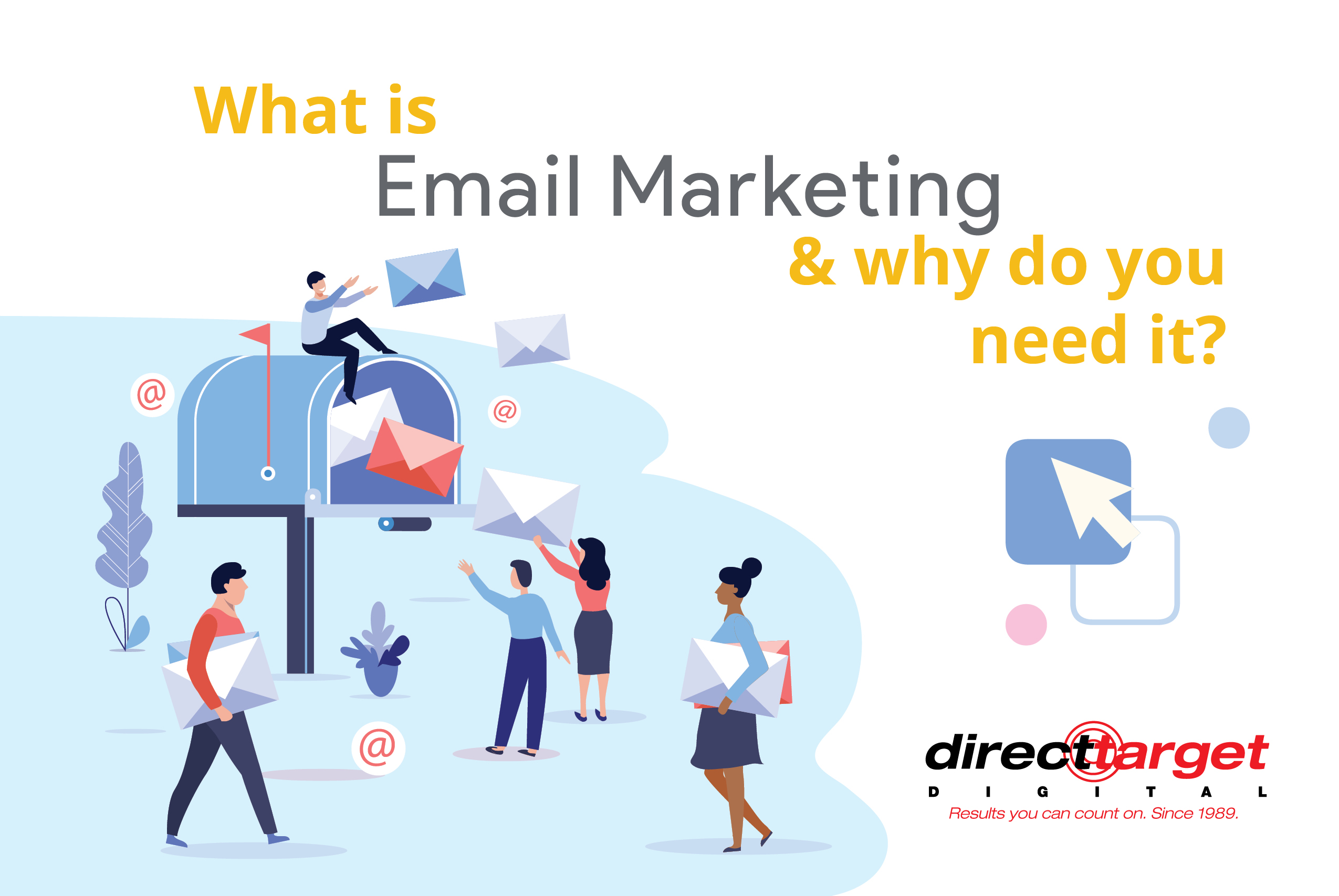

Email marketing is one of the older forms of digital marketing, yet it still holds significant value for businesses. One of the main benefits is that by now, practically everyone actually has an active email address and most people use it everyday. At least 99% of consumers check their email on a daily basis, which can not be said by any other communication channel. 68.9% of these recipients open marketing messages using their mobile phones 2-3 days a week. This means that email marketing offers small businesses the benefit of getting in front of their audience on a regular basis. While spam emails are still common, this method of email marketing has low conversion rates and is out of date. Successful email marketing involves personal and consistent nurturing of leads of past and prospective customers. This is accomplished by sending interesting content that relates to your business so that you can stay on top of your audiences mind, rather than a barrage of promotions. There are many useful strategies that can be utilized to convert leads into clients, drive website traffic, and boost revenue.


In order to be successful it is important to keep organized lists of all of your past and prospective clients. Lists are the lifeblood of email marketing and they allow you to create more personalized emails through the use of specialized automated software. No two customers are they same, but you can group and segment your lists so that readers are receiving the most relevant content. For example, as a landscaping company you would not want to send an email showcasing your new variety of interlock options to a client that you replaced their driveway 8 months ago. Instead, you might send an email about simple tips to create a beautiful garden. This would be relevant information that the customer is most likely interested in, and keeps your company front of mind. Even if they end up doing the work themselves, at least they won’t forget about you and can recommend you to their friends and family, or remember to use you for a later project.
5-Step Email Marketing Process











